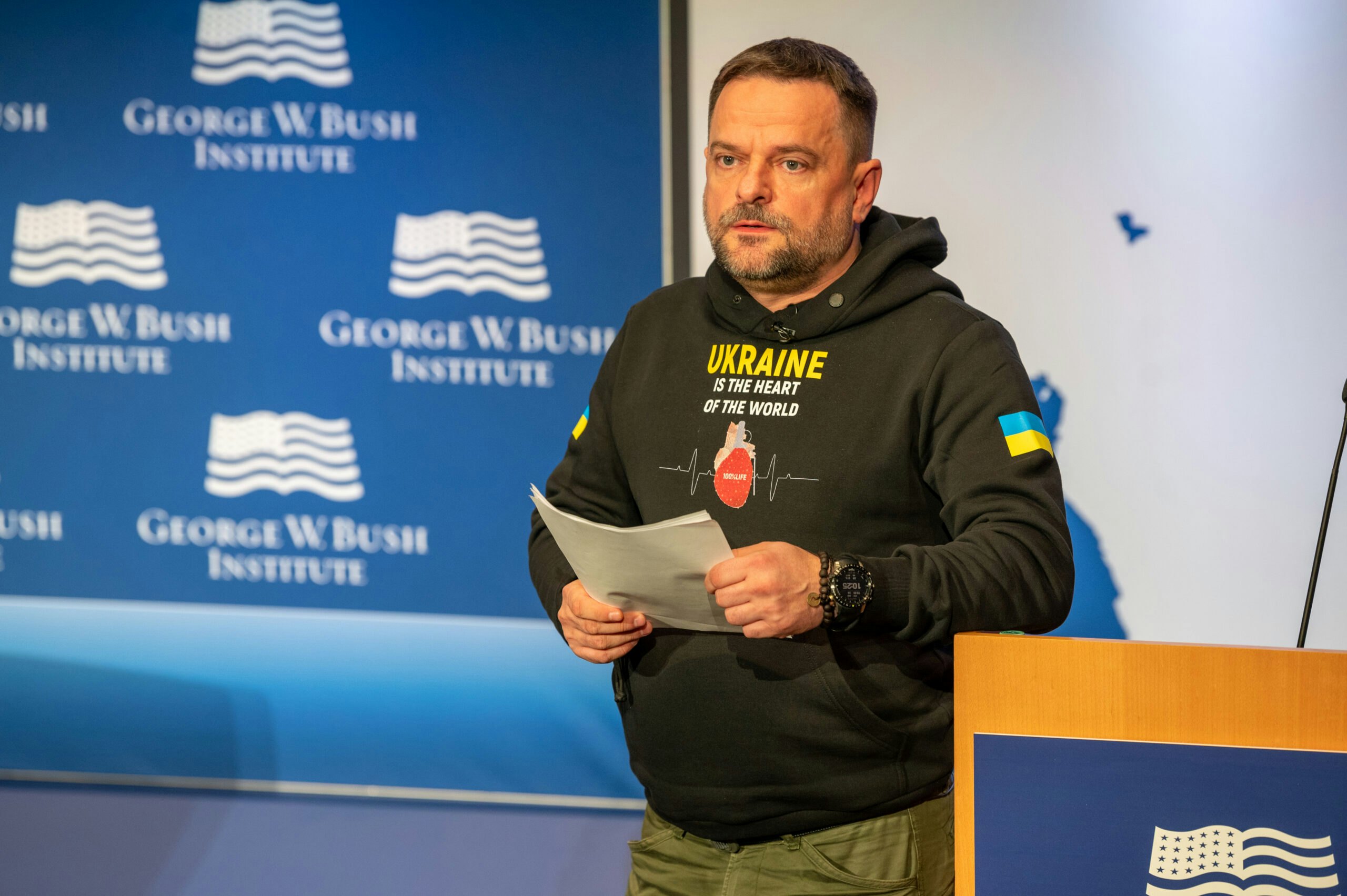Just a decade ago, Angola was at a crossroads. Much of the country’s infrastructure had been destroyed and a half a million people...
Just a decade ago, Angola was at a crossroads. Much of the country’s infrastructure had been destroyed and a half a million people killed in a bloody civil war that had lasted nearly 30 years. Rates of preventable illness were extremely high and life expectancy had dropped to only 40 years. Though the civil war had ended a year earlier, another dark cloud loomed on the horizon – AIDS. One unanticipated effect of the civil war was that by severly limiting mobility throughout the country, it helped keep HIV infection rates at around 2%; dramatically lower than other countries in sub-Saharan Africa where infection rates of up to 40% of the adult population was being reported.
The ominous cloud of AIDS is what prompted me to lead a team of HIV clinicians and researchers to Angola in 2000 to help the government control its epidemic before infection spread, a program highlighted in the film AIDS Warriors. However, with few resources to control new infections and treat the many people infected throughout sub-Saharan Africa, it was a race against time; that is until the American people, led by President George W. Bush, launched a war on AIDS in Africa.
Ten years ago President Bush called upon our nation to take a major step in combating the AIDS epidemic that was crippling Africa. What resulted was the President’s Emergency Plan for AIDS Relief (PEPFAR), an ambitious and unprecedented program initially committing $15 billion over five years to target HIV/AIDS. The plan relied on clear objectives, specific targets, a framework for accountability, and a commitment to measurable results to target the disease – harnessing sound business and management techniques to save lives.
In order to achieve its goals, PEPFAR partnered with and supported multilateral organizations including UNAIDS and the Global Fund to Fight AIDS, Tuberculosis, and Malaria. In addition, PEPFAR shared responsibility with host countries, helping to build sustainable and integrated health systems that can respond to the diverse needs of local communities. Fueled by compassion and a shared vision, PEPFAR and its partners dramatically scaled the supply and access to life-saving antiretroviral drugs.
Support for PEPFAR has continued under President Obama, and to date the program has committed over $45 billion to HIV prevention, treatment, and care. Due in large part to this investment, over 8 million people now receive antiretroviral drugs, a twenty-fold increase from a decade ago. Last year alone, nearly 15 million people, including over 4 million children, received HIV care and support through PEPFAR.
In Angola, HIV infection rates have not only remained low at 2%, but stability and peace have helped usher a period of unprecedented economic growth. Between 2001 and 2010 Angola had an annual average GDP growth rate of 11.1% – the highest rate in the world.
These dramatic results demonstrate how strong leadership, a clear vision, bold action, and coordinated efforts can achieve lasting impact for millions of people – saving lives and changing the course of history. An important fact that we must remember, not just today, President’s Day, but every day.
This post was written by Eric G. Bing, the Director of Global Health at the George W. Bush Institute.



























